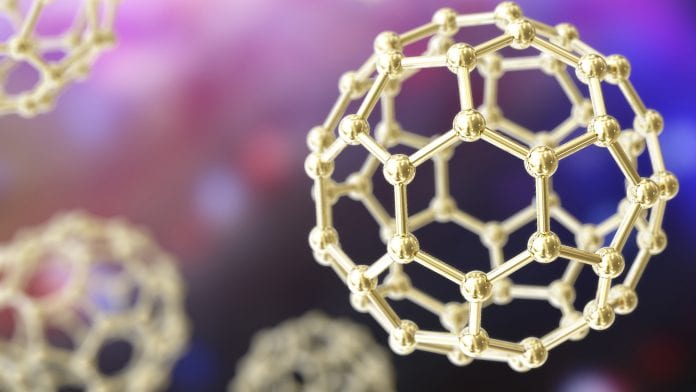
A new nanoparticle-delivered COVID-19 vaccine candidate has shown promising results in preclinical studies.
Researchers from Cleveland Clinic’s Global Center for Pathogen Research & Human Health have developed the nanoparticle-delivered COVID-19 vaccine that uses nanotechnology, producing potent neutralising antibodies in preclinical models. The candidate has also been shown to prevent infection and symptoms after exposure to coronavirus – the virus that causes COVID-19.
The researchers say that it may also be thermostable, a benefit compared to current vaccines, as this would make the vaccine candidate easier to transport and store.
The findings have been published in mBio.
Creating new vaccine candidates
The vaccine uses ferritin nanoparticles – a protein found in almost all living organisms – to deliver tiny, weakened fragments from the region of the SARS-CoV-2 spike protein that selectively binds to the human entry point for the virus. When the SARS-CoV-2 RBD binds with the human protein called ACE2, the virus can enter host cells and begin to replicate.
The vaccine candidate was tested on a ferret model of COVID-19, initially developed by Dr Jung, and which reflects the human immune response and disease development better than other preclinical models. The researchers administered an initial dose of the vaccine candidate followed by two booster vaccines given 14 and 28 days later. One group received the vaccines intramuscularly, while another group received them both intramuscularly and intranasally.
The results showed that after the second booster, all vaccinated models produced strong neutralising antibodies, suggesting that repeated exposure to the RBD antigen allowed the immune systems to fight the virus.
Following the second dose, the models were exposed to high concentrations of coronavirus, and the results showed that these models that received the RBD-nanoparticle vaccine were better protected from clinical symptoms and lung damage than those in the placebo groups.
Findings from the study also demonstrated that a combination of intramuscular and intranasal immunisation was more beneficial for immunity, allowing for faster viral clearance than intramuscular immunisation alone.
A thermostable vaccine
Ferritin nanoparticles are known for their strong temperature and chemical stability, and the authors suggest that this means the RBD-nanoparticle vaccine may also be thermostable, however, and the team aims to confirm these findings in human clinical trials.
Jae Jung, PhD, director of the Global Center for Human Health & Pathogen Research and co-senior author on the study, said: “Our vaccine candidate delivers antigens to trigger an immune response via nanoparticles engineered from ferritin–a protein found in almost all living organisms. This protein is an attractive biomaterial for vaccine and drug delivery for many reasons, including that it does not require strict temperature control.”
Dokyun (Leo) Kim, a graduate student in Dr Jung’s lab and co-first author on the study, added: “This would dramatically ease shipping and storage constraints, which are challenges we’re currently experiencing in national distribution efforts. It would also be beneficial for distribution to developing countries.”
























